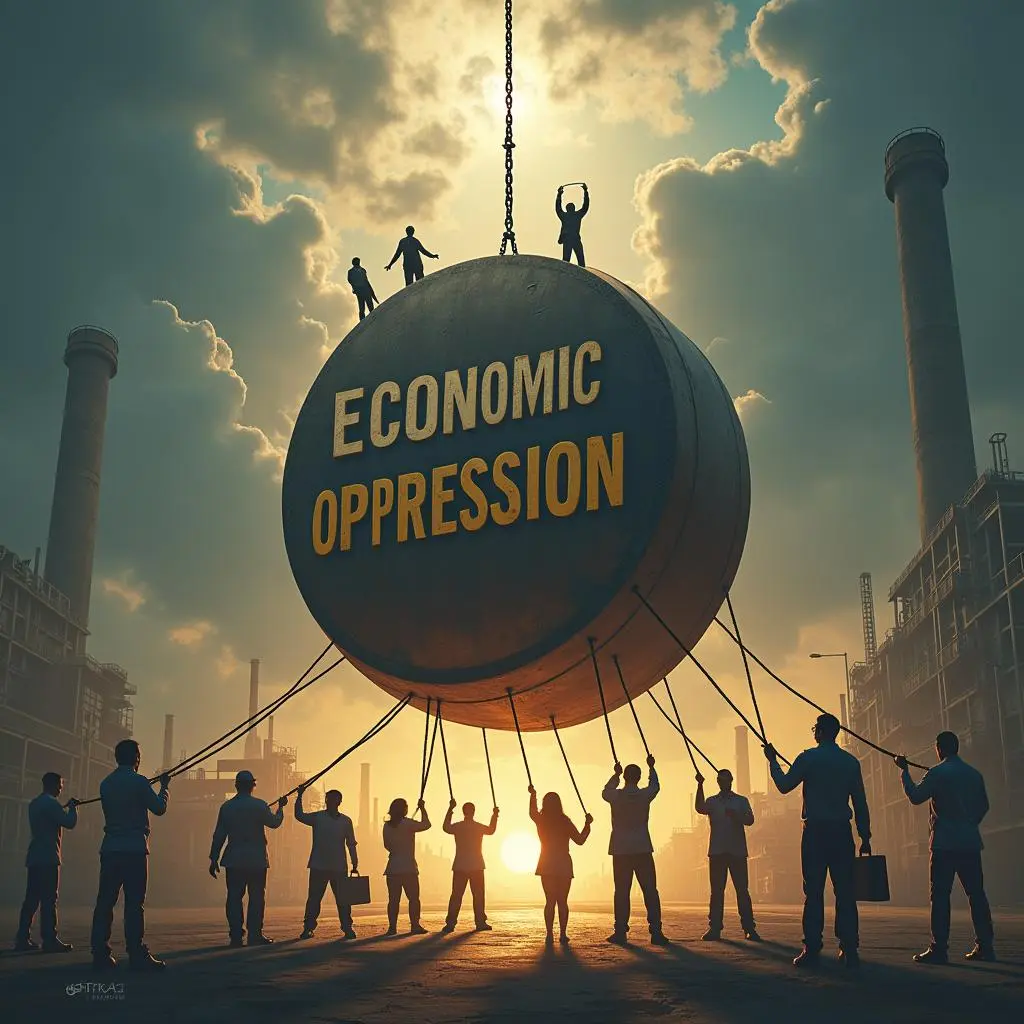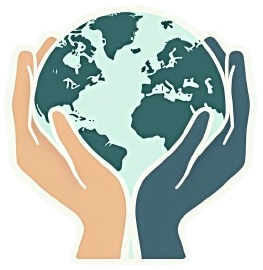Breaking the Chains of Economic Oppression

Economic oppression has long been a tool used to maintain power and control over marginalized groups. It manifests through low wages, limited access to resources, and policies that favor the wealthy while burdening the working class. This cycle traps individuals in poverty, making upward mobility nearly impossible.
A significant aspect of economic oppression is the lack of fair opportunities. Many workers face wage stagnation, even as the cost of living rises, while corporate profits reach unprecedented levels. Education and healthcare, essential for breaking free from poverty, remain out of reach for many due to financial barriers.
To dismantle this system, governments and institutions must prioritize policies that promote equity. This includes implementing progressive taxation, raising minimum wages, and providing universal access to education and healthcare. Additionally, fostering economic systems that value collaboration over competition can create more sustainable and inclusive growth.
Communities can also play a role in breaking these chains by advocating for change and supporting local initiatives that promote economic justice. Empowering individuals with financial literacy and access to resources is key to creating long-lasting solutions.
Economic oppression can only be eradicated through collective action and a commitment to fairness. By addressing systemic inequalities, societies can pave the way for a future where prosperity is accessible to all, regardless of their background or circumstances.
